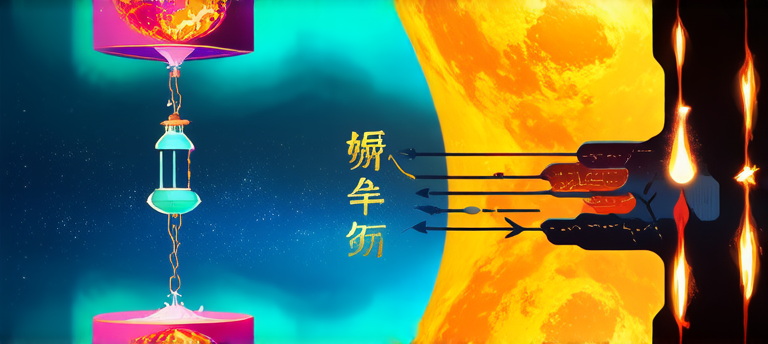Exploring the Tradition of 中秋 (Mid-Autumn Festival)

Exploring the Tradition of 中秋 (Mid-Autumn Festival)
GGGGOODS“The article explores the tradition of the 中秋 (Mid-Autumn Festival), a significant Chinese festival that involves family gatherings, mooncake exchanges, lantern displays, and traditional performances. Rooted in ancient folklore, the festival is a time to celebrate the full moon, give thanks, and enjoy the company of loved ones.”
“The 中秋, or Mid-Autumn Festival, is a traditional Chinese festival that dates back over 3,000 years. Celebrated on the 15th day of the eighth month of the lunar calendar, this festival is a time for family gatherings, giving thanks, and enjoying the beauty of the full moon. One of the most iconic symbols of the 中秋 festival is the round shape of the mooncakes that are exchanged and eaten during the celebrations. Families and friends come together to appreciate the moon’s beauty and share delicious food.
In addition to mooncakes, lanterns are also a common sight during the 中秋 festival. People of all ages carry colorful lanterns, adding to the festive atmosphere. Traditional activities like dragon dances and performances of the ancient art of 花灯 (huā dēng) are also part of the celebrations.
The origins of the 中秋 festival are rooted in Chinese folklore and legends. One of the most famous legends associated with this festival is the story of the beautiful Chang’e, who drank the elixir of immortality and flew to the moon, where she became the goddess of the moon. This legend explains the association of the festival with the full moon and offerings made to Chang’e.
Today, the 中秋 festival is not only celebrated in China but also in various other Asian countries, where it is known by different names. It is a time for people to express gratitude for the harvest, reunite with loved ones, and appreciate the beauty of nature.
Overall, the 中秋 festival is a cherished tradition that continues to be celebrated with joy and reverence by millions of people around the world.”
“The rich cultural heritage and enduring significance of the 中秋 festival highlight the importance of tradition, family, and gratitude in Chinese culture. As people across the world come together to celebrate this auspicious occasion, the spirit of unity and appreciation for nature shines brightly during this festival.”












